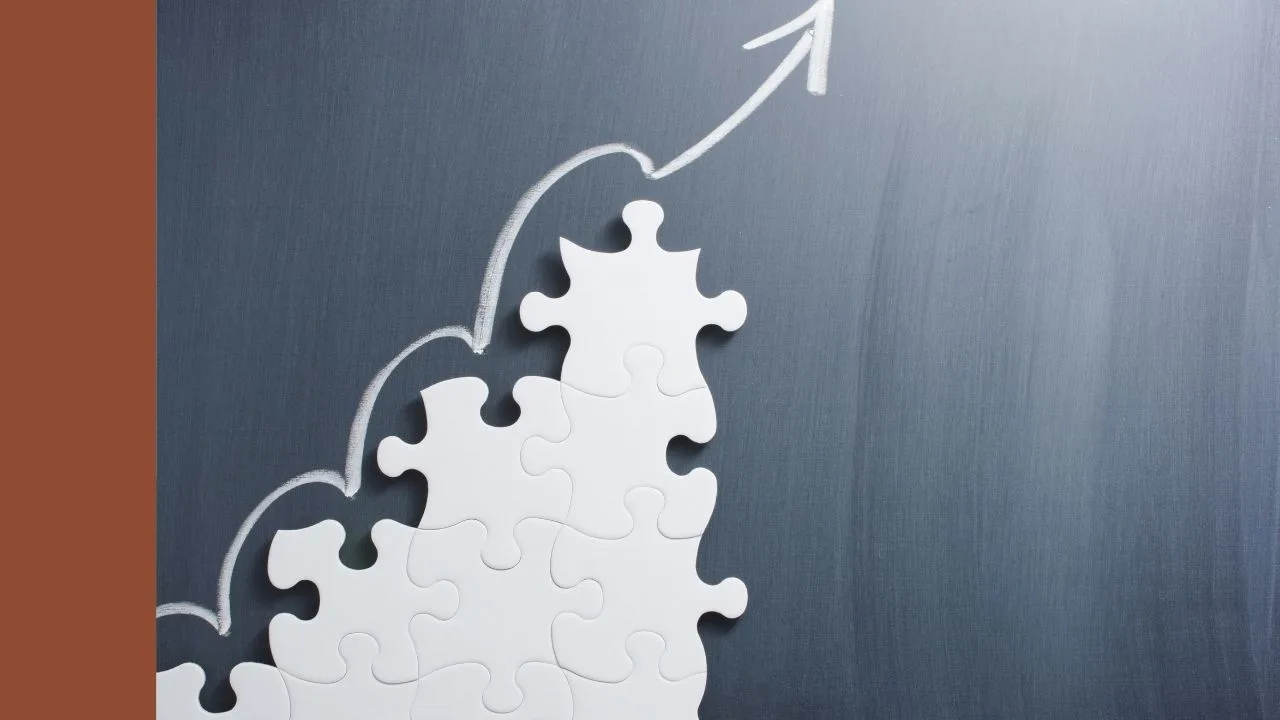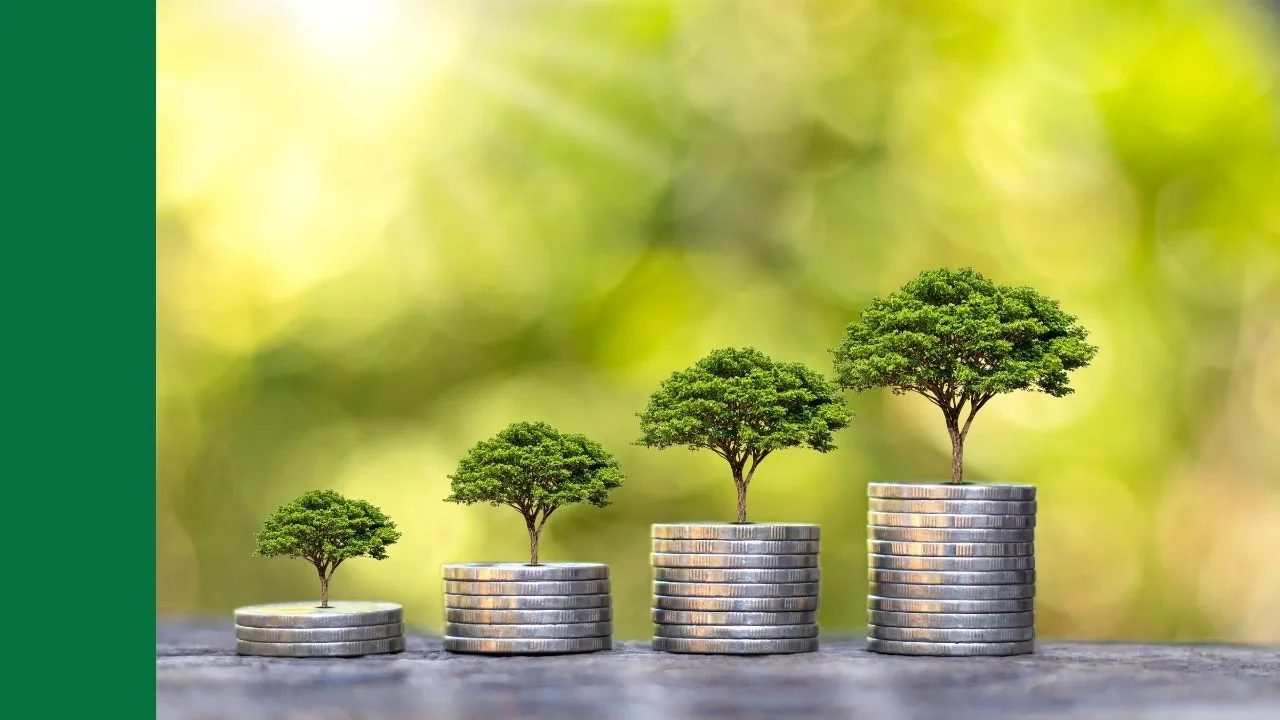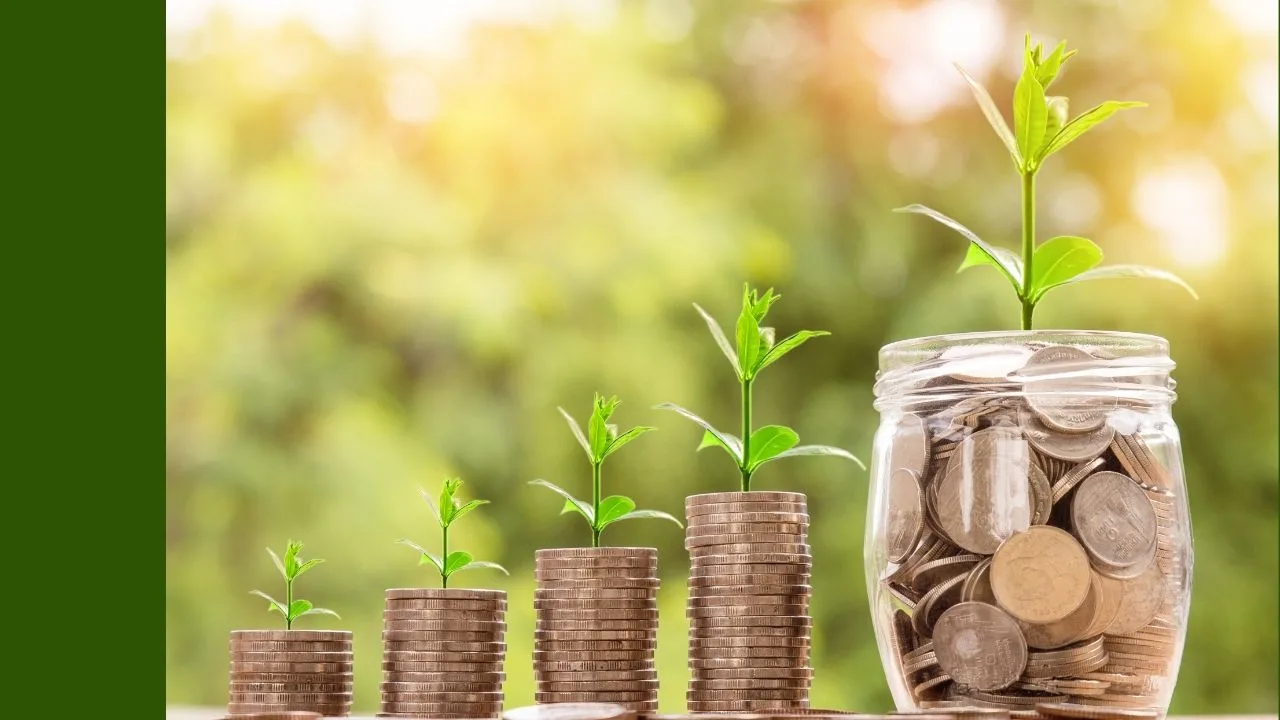As part of Financial Inclusion Week 2020 (October 13th to 16th), I spoke to Vinita Godinho of Financial Resilience Australia about how COVID-19 is affecting the financial wellbeing of Australians, what financial resilience is and how we can start building it in our wider community.
Financial Inclusion Week is an annual gathering of the global community working to advance inclusive finance, and is run by the Center for Financial Inclusion, an independent think tank housed at Accion. Vinita completed her PhD at RMIT University, exploring Indigenous worldviews on money, financial capability and wellbeing.
Let’s dive into the questions and what Vinita has to say!
How is COVID-19 Affecting the Financial Wellbeing of Australians?
Financial wellbeing is when you can enjoy life because of the way in which you manage your money, i.e. when you can meet your everyday financial commitments, have a safety-net in place for unexpected financial shocks, and achieve your longer-term financial goals.
COVID-19 is not just a health crisis – it is an economic crisis that has struck a blow against each driver of financial wellbeing. ANZ’s July 2020 FWB indicator found COVID-19 has temporarily reversed all the gains in financial wellbeing since they started measuring it in 2014.
The lockdowns and job losses mean millions of people have either lost their jobs or had their working hours severely reduced, which has reduced their income. This probably explains why ANZ found a 14% fall in people’s level of comfort about their current financial situation, as well as their worries about the future, given we are now in a recession after almost thirty years of continuous growth. People are also much more anxious now about their ability to cope with a financial shock such as a big utility bill, or medical expenses if they fall ill.
What is Financial Resilience?
Financial resilience is the ability to bounce back from a financial shock. Anyone can experience temporary financial stress when faced with an unexpected expense, which they recover from over time. Yet more than 12% of the Australian population, and 1 in every 5 working Australians – around 2.4 million people – were so financially stressed in 2018 that it reduced their ability to recover from a financial shock, i.e. they had low financial resilience.
Not having the ability to recover from a financial shock also impacts every aspect of overall socio-economic wellbeing for individuals and their households, i.e. their physical, mental, emotional and financial health and wellbeing.
What is the Financial Resilience Framework?
Longitudinal research has found there are four essential aspects of financial resilience:
- Having financial inclusion – access to safe and affordable financial products and services such as savings, credit, insurance.
- Having financial capability – knowledge about financial products, skills (i.e. ability to apply the knowledge in practice), and behaviours (i.e. what people actually do with their money).
- Having economic resources – earning a living wage, having a safety net in savings, managing your debt, and planning for the future (i.e. retirements/superannuation).
- Having social resources – being able to have healthy conversations about money, a healthy relationship with money, having access to social supports that are available in case of financial difficulty, and knowing where to go for help.
In addition, we know that an individual’s financial resilience and wellbeing is influenced by multiple factors at each level of the ecosystem that surrounds them. In other words, it’s a combination of:
- Their personal characteristics such as their financial knowledge, capabilities, attitudes to money, behaviours, education, employment, etc.
- The socio-economic characteristics of their household including household income, your parents’ familiarity with financial management, social connectedness, etc.
- Their external environment such as geopolitical stability, economic growth, social support, welfare etc. available in the places where they live and work.
How Can We Improve Our Own Financial Wellbeing?
Refocus, Refresh and Restart
I have leveraged my lifetime of experience and research to create a simple framework, based on global disaster-recovery principles, which individuals, households and businesses can use to build their financial resilience after facing a financial shock. The “Building Financial Resilience Framework” incorporates three steps – Refocus, Refresh & Restart – with practical actions that individuals, households and businesses can take to recover from a financial shock like COVID-19.
The framework enables each part of the ecosystem that surrounds us, which as we saw earlier has a direct impact on our financial wellbeing, to be activated to play a role in improving the financial health and wellbeing of the individual.
For example, when faced with a financial shock such as COVID-19, we can ‘Refocus’ by spending some time reflecting on what the new ‘normal’ means for us. Identify the financial risks you now face – for example, reduced hours at work – and what you might be able to do to minimise them. Consider any opportunities that might have become available – for example, the Moneysmart website is a trusted source of money-related information designed to help you make informed financial decisions during this crisis.
Next, ‘Refresh’ your approach to managing money. Simply, this means accepting you may have to make financial choices which many of us may not have had to make before. We’re talking about everything – from what you decide to put in your supermarket basket to how to save on utilities and other bills.
Draw up a list of outgoings, what’s necessary and what help is available. Assess and prioritise the risks that must be reduced, the opportunity to act upon, and prepare a plan for how you may achieve these. Consider which financial products and services best suit your needs, and help your family and friends to do this too. Instead of thinking “I’ll never cope with this”, realise this is an opportunity to develop positive, life-changing financial behaviours, especially disciplined saving, spending and borrowing habits.
Last but not least, activate your plan to ‘Restart’ your financial life – not just to endure the COVID-19 shock, but to ‘build back better’ so that you are prepared for the future. Taking small steps to change two daily financial habits – regular saving (no matter how small) and not borrowing for daily expenses – has the biggest influence on financial wellbeing.
Studies also show that budgeting (even informally), controlling your spending, planning ahead and being willing to seek advice – whether from a trusted mentor or paid advisor – also significantly improve wellbeing and reduce your stress.
If each of us makes the effort to take these practical steps and proactively take action to improve our own financial wellbeing, we can take back control of our financial lives.
How Can We Start Building Financial Resilience Within Our Family and Wider Community?
The “Building Financial Resilience Framework” can also help us to improve the financial lives of our families and the communities we live and work in. For example, proactively reducing any stress in the way in which your household manages money can improve family relationships and build financial resilience.
We may also help any friends or neighbours who might be struggling financially to ‘Refocus’ by reviewing what’s currently on offer to them. If you do not feel confident doing this yourself, you can advise them to seek out a trusted advisor like a financial counsellor through the National Debt Helpline so that they can better understand their financial rights and obligations.
We can also ‘Refresh’ our approach to managing money by connecting with others in the local community, as studies show this can improve your financial resilience and wellbeing. For example, the increased flexibility and cooperative networks emerging from COVID-19 have enabled some communities to share and pool resources. Improving community wellbeing in this manner can improve education, employment and health, and reduce government spending on welfare and criminal justice, which benefits us all.
Building your social networks, identifying the government or community support you and others can access, and knowing where to go to for help are also important ways in which you can ‘Restart’ your efforts to improve community financial wellbeing. Continuing the increased local collaboration beyond the COVID crisis – for example, creating community gardens or car-pooling to drop kids to school – will also build a longer-term sense of belonging and, with that, resilience.
In this way, the three R’s can help us to turn the COVID-19 crisis into an opportunity to build better financial resilience for ourselves and our families, as well as the communities we live and work in.
For more information and articles on these topics, please visit Vinita’s website here, she loves sharing her research and ideas with others!








